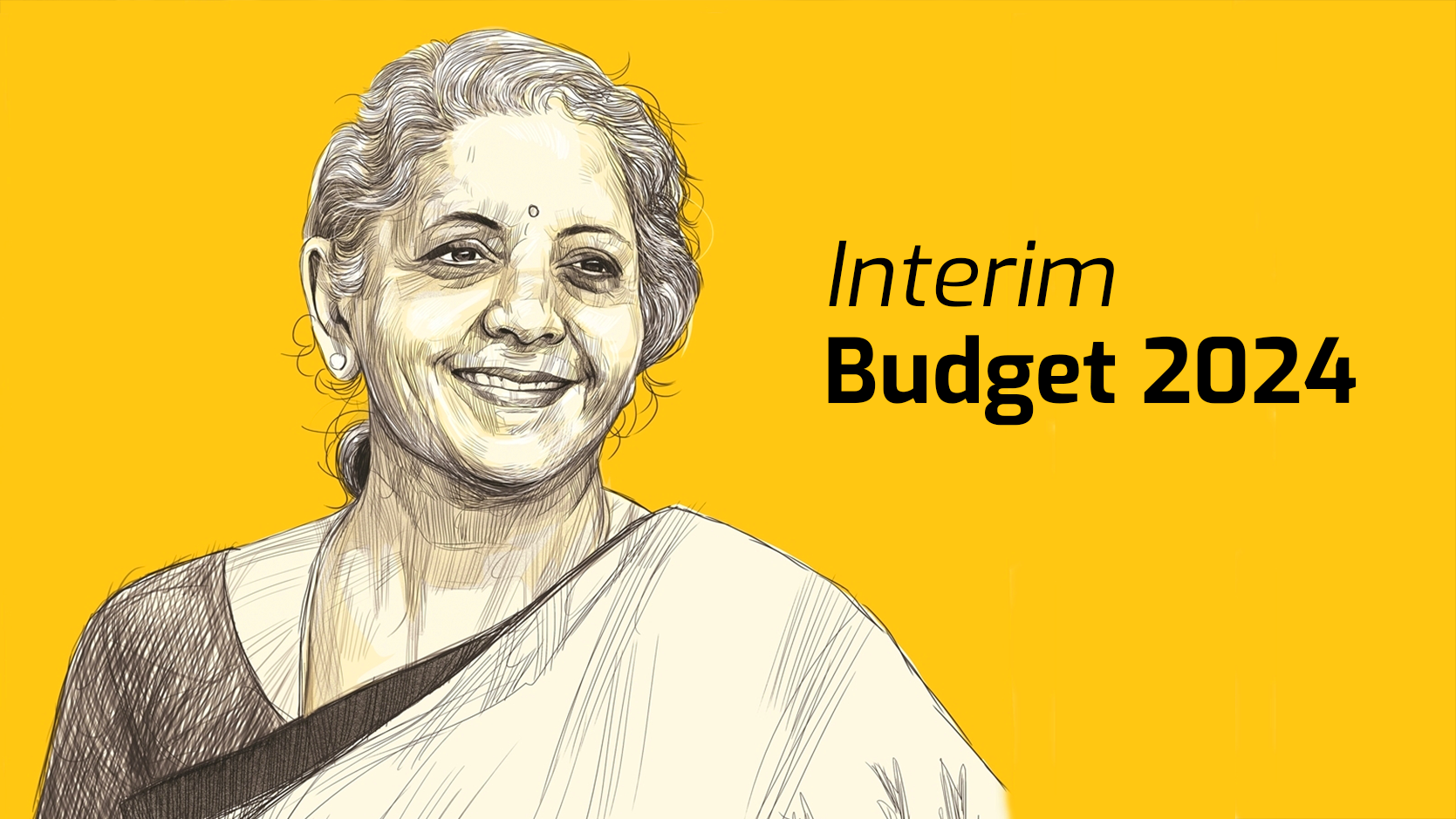UPSC Philosophy Syllabus: The two papers of the UPSC Philosophy Optional syllabus are intended to assess candidates’ comprehension of philosophical ideas, theories, and applications. There are 250 marks for each paper, for a total of 500 marks out of 1750 marks. This emphasizes how important it is to choose an optional subject wisely because it can have a big impact on a candidate’s final score and ranking.
Applicants taking the UPSC Mains exam and planning to take the Philosophy Optional can read through this blog to learn about the syllabus, important subjects, books that are suggested reading, and effective study techniques for this paper.
UPSC Philosophy Syllabus for Mains
The Philosophy Optional syllabus covers the development, historical significance, and influence of philosophical ideas on Indian culture. It also fits very nicely with the topics covered in general studies and essay writing. Paper I and Paper II are the two sections that make up the exam. For each paper, we have included a detailed, comprehensive UPSC Philosophy Optional Syllabus here
UPSC Philosophy Syllabus for Paper 1
The first UPSC Philosophy Optional Syllabus Paper goes deeply into the Problems and History of Philosophy, including subjects like Transcendental Idealism, Rationalism and Empiricism, Ethics Theories, and Plato and Aristotle. Applicants can view the Philosophy Optional Paper I syllabus in its entirety below:
- Plato and Aristotle: Ideas; Substance; Form and Matter; Causation; Actuality and Potentiality
- Rationalism (Descartes, Spinoza, Leibniz); Cartesian Method and Certain Knowledge; Substance; God; Mind-Body Dualism; Determinism and Freedom.
- Empiricism (Locke, Berkeley, Hume): Theory of Knowledge; Substance and Qualities; Self and God; Scepticism.
- Kant: Possibility of Synthetic a priori Judgments; Space and Time; Categories; Ideas of Reason; Antinomies; Critique of Proofs for the Existence of God.
- Hegel: Dialectical Method; Absolute Idealism.
- Moore, Russell and Early Wittgenstein: Defence of Common Sense; Refutation of Idealism; Logical Atomism; Logical Constructions; Incomplete Symbols; Picture Theory of Meaning; Saying and Showing.
- Logical Positivism: Verification Theory of Meaning; Rejection of Metaphysics; Linguistic Theory of Necessary Propositions.
- Later Wittgenstein: Meaning and Use; Language-games; Critique of Private Language.
- Phenomenology (Husserl): Method; Theory of Essences; Avoidance of Psychologism.
- Existentialism (Kierkegaard, Sartre, Heidegger): Existence and Essence; Choice, Responsibility and Authentic Existence; Being-in-the-world and Temporality.
- Quine and Strawson: Critique of Empiricism; Theory of Basic Particulars and Persons.
- Carvaka: Theory of Knowledge; Rejection of Transcendent Entities.
- Jainism: Theory of Reality; Saptabhanginaya; Bondage and Liberation.
- Schools of Buddhism: Prat Ityasamutpada; Ksanikavada, Nairatmyavada.
- Nyaya—Vaiesesika: Theory of Categories; Theory of Appearance; Theory of Pramana; Self, Liberation; God; Proofs for the Existence of God; Theory of Causation; Atomistic Theory of Creation.
- Samkhya; Prakrit; Purusa; Causation; Liberation.
- Yoga; Citta; Cittavrtti; Klesas; Samadhi; Kaivalya.
- Mimamsa: Theory of Knowledge.
- Schools of Vedanta: Brahman; Isvara; Atman; Jiva; Jagat; Maya; Avida; Adhyasa; Moksa; Aprthaksiddhi; Pancavidhabheda.
- Aurobindo: Evolution, Involution; Integral Yoga.
UPSC Philosophy Syllabus for Paper 2
The vast terrain of philosophical thinking is covered by the UPSC Philosophy Optional Syllabus for Paper II, ranging from traditional Indian wisdom to contemporary philosophical discussions in the West. This article is organized to cover a wide range of philosophical questions, such as:
- Socio-Political Philosophy
- Social and Political deals: Equality, Justice, Liberty.
- Sovereignty: Austin, Bodin, Laski, Kautilya.
- Individual and State: Rights; Duties and Accountability.
- Forms of Government: Monarchy; Theocracy and Democracy.
- Political Ideologies: Anarchism; Marxism and Socialism.
- Humanism; Secularism; Multi-culturalism.
- Crime and Punishment: Corruption, Mass Violence, Genocide, Capital Punishment.
- Development and Social Progress.
- Gender Discrimination: Female Foeticide, Land and Property Rights; Empowerment.
- Caste Discrimination: Gandhi and Ambedkar.
- Philosophy of Religion
- Notions of God: Attributes; Relation to Man and the World. (Indian and Western).
- Proofs for the Existence of God and their Critique (Indian and Western).
- Problem of Evil.
- Soul: Immortality; Rebirth and Liberation.
- Reason, Revelation, and Faith.
- Religious Experience: Nature and Object (Indian and Western).
- Religion without God.
- Religion and Morality.
- Religious Pluralism and the Problem of Absolute Truth.
- Nature of Religious Language: Analogical and Symbolic; Cognitivist and Non-cognitive.
UPSC Philosophy Paper Exam Pattern
Philosophy is one of the optional subjects offered in the UPSC Civil Services Examination. It consists of two examinations, Paper I and Paper II. Discover the salient features of the optional UPSC Philosophy exam structure below:
| UPSC Philosophy Paper Exam Pattern | |
| Particular | Details |
| Mains Paper | Paper VI and Paper VII |
| Subjects | Philosophy Optional Paper-I
Philosophy Optional Paper-II |
| Total Marks | 500 (250 Each) |
| Time allowed | 3 Hours for each paper |
| Sections | Section A and Section B |
| Questions | Total 8 questions with subparts |
| Compulsory Question | Question No. 1 and 5 |
| Marks Distribution | 10, 15, and 20 marker questions |
Strategic Approach to Prepare for Philosophy Optional
Compared to other optional subjects, the syllabus is shorter, which enables more concentrated and thorough preparation. We’ve put together a few study tips below to help you understand the material better:
Recognize the Syllabus: Start by being fully aware of the length and complexity of the syllabus.
Choose the Appropriate Materials: Select brief books and notes that provide a thorough coverage of the syllabus.
Take Notes: Expand on your notes—particularly for Indian philosophy—as it facilitates speedy review.
Practice Writing Answers: It’s Important to Practice Often. Make sure to organize your responses logically and cohesively.
Revision: Since the syllabus is brief, it is advised and possible to make several revisions. Use the online UPSC mock test series as practice as well to increase your accuracy and speed.
Plan strategically by completing PYQs and mock exams within the allotted time, and by being familiar with the UPSC paper pattern. Plan out your strong and weak points before answering the question to get the most points possible.
UPSC Philosophy Optional Books For IAS Mains
Aspirants can improve their overall performance in the UPSC Civil Services Exam by using philosophy to learn from toppers’ experiences and adopt a disciplined study method. The following list of optional books on UPSC philosophy will help you get ready for the subject:
| UPSC Philosophy Optional Books For IAS Mains | |
| Paper I |
|
| Paper II |
|
Array





